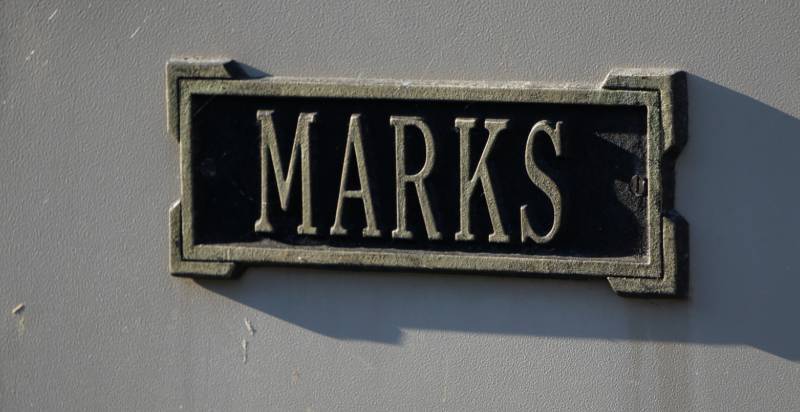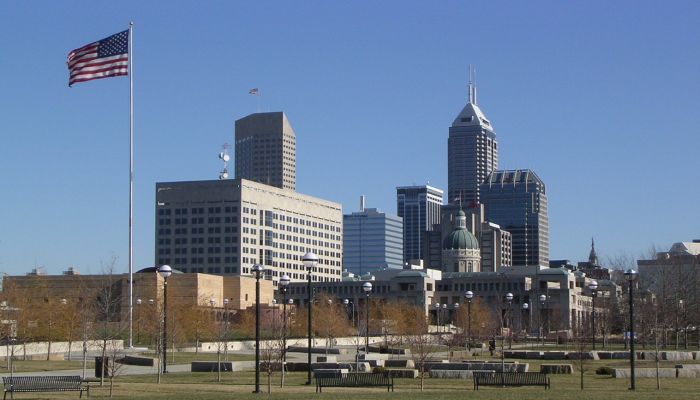Court held this was an “exceptional case” and that trial court judge should have awarded plaintiff its attorneys’ fees under the Lanham Act.

While it is fairly common for successful litigants in copyright cases to be awarded the attorneys’ fees they incur in bringing or defending the case, that fee-shifting is not as common in trademark cases. There is a higher standard that must be met in trademark cases – the prevailing party must show that it has won an “exceptional case”. That recently occurred in the Seventh Circuit Court of Appeals.
Plaintiff home remodeling company and defendants – a manufacturer of storm shelters and one of its owners individually – found themselves in a trademark dispute over rights to use a mark plaintiff had developed to use as a distributor of defendants’ storm shelters.
Defendants disregarded on oral license agreement it had with plaintiff and used the mark for years outside the territorial scope of the license. The evidence showed that defendants intended to just buy the mark in the event plaintiff noticed defendants’ out-of-scope use.
Plaintiff indeed noticed and sued. The trademark infringement case went to trial. The trial court – though it found in plaintiff’s favor on the liability question and awarded more than $17 million in damages to plaintiff – declined to order defendants to pay plaintiff’s attorneys fees. Plaintiff sought review of the denial of attorney’s fees with the Seventh Circuit.
On appeal, the court reversed and remanded. It found that the trial court’s findings made this an “exceptional case” and thus appropriate for an award of attorneys’ fees.
Specifically, the court found that defendants’ conduct was willful, egregious and intentional. Likewise, defendants had acted in bad faith and maliciously, and refused to cease infringing activity, causing plaintiff unnecessary trouble and expense.
4SEMO.com Inc. v. Southern Illinois Storm Shelters, Inc., Nos. 18-1998 & 18-2095 (7th Cir., October 7, 2019)
About the Author: Evan Brown is a Chicago technology and intellectual property attorney. Call Evan at (630) 362-7237, send email to ebrown [at] internetcases.com, or follow him on Twitter @internetcases. Read Evan’s other blog, UDRP Tracker, for information about domain name disputes.

